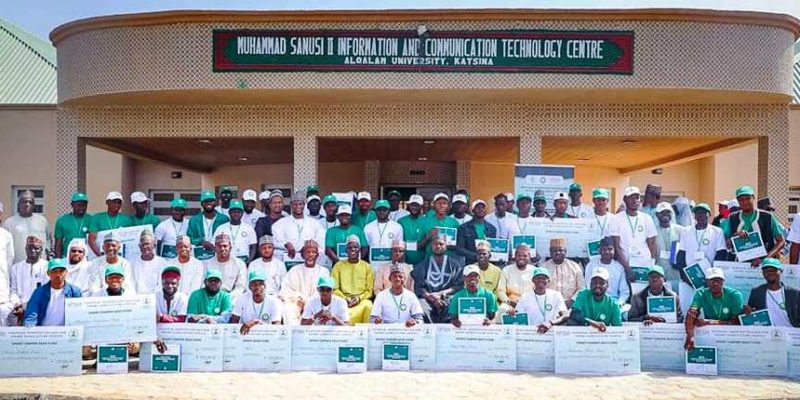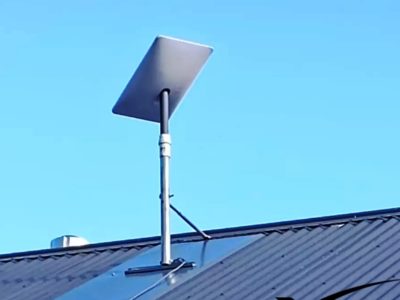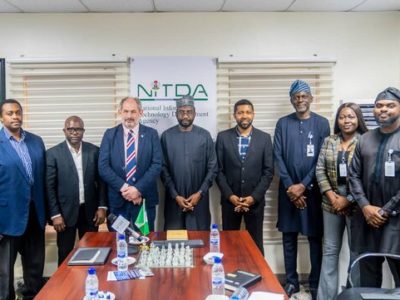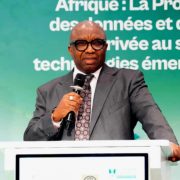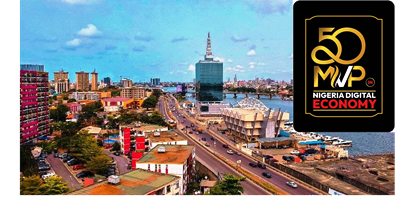The National Information Technology Development Agency (NITDA) has distributed smart agriculture materials to beneficiaries of the National Adopted Village for Smart Agriculture (NAVSA) at the end of a five-day empowerment programme inside Al-Qalam University, Katsina, Katsina State.
“Agriculture remains one of the critical sectors of Nigeria’s economy. This is evident in the policies of the current administration led by President Muhammadu Buhari. Every economic, developmental and social policy gives agriculture priority,” said the Director General, NITDA, Kashifu Inuwa Abdullahi during the closing session of the programme.
RELATED: NITDA brings NAVSA smart farming to 50 NYSC members
The NAVSA programme is designed to accelerate job creation, economic diversification and growth by leveraging integration of digital technologies and innovations in agriculture processes and practices to significantly increase productivity. The programme targets to improve food security, ensure an eco-friendly agricultural practice, attract potential talents and youths into agriculture to increase yields across the entire chain.
According to Salisu Kaka, acting director, Digital Economy Development, the NITDA boss, this training is an enhanced version of previous trainings as the government had added an improved green energy-powered smart brooding to enhance the survival rate of broilers, a smart irrigation system to support a year-long production, and a soil nutrient monitoring system to support information-driven farming on a demo land.
In addition to the agtech training/capacity building, the trainees received other benefits including smart devices, seed fund of N100,000, connectivity terminals (internet and CUG), access to NAVSA platform, financial inclusion through digital wallets, e-extension and insurance services, They will alsso be able to access continuous reinvestment model opportunities and unmanned area vehicle (UAV)/Drone for smart farming.,
Abdullahi said the NAVSA empowerment scheme will enhance agriculture value chain, create new value and opportunities through new business models and services, and ultimately enable the creation of millions of jobs while taking the people out of poverty and enabling economic growth and diversification.
His words: “With our potential in arable land size and youthful population, modernizing the agricultural sector can change the narrative and multiply the contribution of the sector to the national GDP in many folds. Unfortunately, the sector is the least digitized in the country. It has been proved that any digitized business has the potential to grow exponentially.
“We hold a social contract to ensure IT drives every aspect of life and contributes to every community and national development as a whole. In line with our mandates, we carry out digital technology-driven interventions in any industry and sector of the economy across the country.
“This is evident in all digitised economic sectors of the world such as the Bank, financial services, media and entertainment among others. Undoubtedly, digitization of the economic sectors has proved to be the game changer for economic transformation across the globe.
The agriculture sector can eradicate poverty, improve people’s standard of living, and help diversify the economy by creating prosperity for Nigerians, Abdullahi stated.
According to him, “we all have it as a duty to ensure agriculture is practised as a business and not a way of life as usual. There is a need to modernise agricultural practices in the country. In view of this conviction and in line with its mandates of universal IT access and integration into every sector of the economy, NITDA has designed a digital technology and ecosystem-driven innovation to address most of our challenges in the agriculture sector.
“The narrative is being changed through NAVSA and other digital agricultural initiatives. This is to support the digitisation of the agricultural sector to address our challenges, exploit the opportunities and accelerate economic growth, in line with the Nigeria Economic Sustainability Plan (NESP) and the National Digital Economy Policy and Strategy (NDEPS) of the Federal Ministry of Communications and Digital Economy.”


